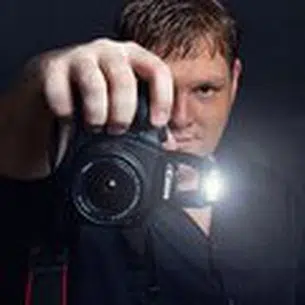LONDON (Reuters) – Jailed Kremlin critic Alexei Navalny told Russians on Friday to protest against the war in Ukraine in Russian cities and across the world on March 6, and accused President Vladmir Putin of bringing shame on the Russian national flag and language.
Navalny, Putin’s most prominent domestic opponent, told Russians in a post on his blog to shrug off fears of protesting against Russia’s invasion of Ukraine and to take to the squares of their cities even if they had already left Russia.
“Show the world that Russians don’t want war. Come out in the squares of Berlin, New York, Amsterdam or Melbourne, wherever you are. Now we are all responsible for Russia’s future. For what Russia will be in the eyes of the world,” he said in the post.
The anti-corruption campaigner called for protests every day of the week, but said that a demonstration on March 6 was most important and should take place in Moscow’s Manezhnaya Square and St Petersburg’s Gostiny Dvor.
“You may be scared, but to submit to this fear is to side with fascists and murderers. Putin has already snatched away from Russia its economy, relations with the world and hope for a future,” Navalny said.
All forms of protest in Russia have essentially become illegal since the onset of the coronavirus pandemic for what authorities say are safety reasons. Thousands of people have been detained protesting against the invasion since last week.
Navalny was jailed last year after his return from Germany following treatment for what Western laboratory tests showed was an attempt to poison him with a nerve agent in Siberia. He said he was sentenced on trumped-up charges.
His blog post was published on his website after lawmakers backed legislation that would introduce jail terms of up to 15 years for people deemed to have spread “false” information about Russia’s army.
Russian officials, who portray Navalny as an extremist, accuse the West of unleashing an information war on Moscow over Ukraine.
They describe the invasion of Ukraine as a “special military operation” aimed at the “denazification” and “demilitarisation” of the country, terms and assertions that the West dismisses as absurd propaganda.
(Reporting by Reuters; editing by Guy Faulconbridge and Alex Richardson)






